
8 Signs of Kidney Failure That, If Ignored, Could Lead to a Lifetime of Dialysis
The kidneys are silent heroes in our bodies—working tirelessly day and night to filter waste, balance fluids, regulate blood pressure, and support overall health. However, when kidney function begins to decline, the symptoms are often subtle and easy to ignore. Unfortunately, by the time clear signs appear, the damage may already be severe. In many cases, untreated kidney problems lead to end-stage renal disease, where dialysis becomes a permanent part of life. To prevent this outcome, it's crucial to recognize the early warning signs. Here are eight symptoms of kidney failure that, if overlooked, could result in lifelong dialysis.
1. Persistent Fatigue and Weakness
One of the earliest and most common signs of kidney dysfunction is a constant feeling of tiredness. When kidneys fail to filter waste properly, toxins build up in the blood, leading to anemia and fatigue. If you find yourself feeling unusually exhausted despite getting enough sleep, it could be a sign your kidneys are struggling.
2. Swelling in the Ankles, Feet, or Hands
Healthy kidneys remove excess fluid from the body. When they start to fail, water and salt retention occurs, causing noticeable swelling, especially in the lower extremities. Persistent puffiness or bloating should not be ignored, as it may point to declining kidney function.
3. Changes in Urination Patterns
Since kidneys are directly responsible for producing urine, any changes in urination can be a red flag. This includes urinating more frequently, especially at night, producing foamy or bubbly urine, or experiencing reduced urine output. Blood in the urine or dark-colored urine are also alarming signs that warrant medical attention.
4. Shortness of Breath
A lesser-known symptom of kidney failure is difficulty breathing. This can happen for two reasons: fluid can build up in the lungs due to poor kidney function, or severe anemia caused by kidney failure can reduce oxygen delivery to the body. If you experience unexplained shortness of breath, consult a doctor immediately.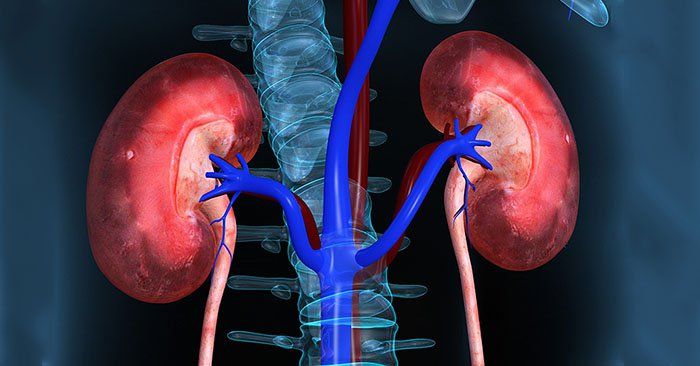
5. Nausea and Vomiting
As waste products accumulate in the bloodstream, they can upset the digestive system. Chronic nausea, a metallic taste in the mouth, or vomiting without a clear cause may indicate uremia—a serious condition linked to kidney failure.
6. High Blood Pressure
The kidneys help regulate blood pressure by balancing sodium and fluid levels. When they're damaged, this balance is disrupted, often resulting in hypertension. On the flip side, high blood pressure is also a leading cause of kidney damage. The two conditions feed into each other, creating a dangerous cycle.
7. Trouble Concentrating or Confusion
Waste buildup can also affect the brain. People with declining kidney function may experience memory issues, difficulty focusing, or a general sense of confusion. These symptoms are often brushed off as stress or aging, but could point to serious internal problems.
8. Dry and Itchy Skin
Healthy kidneys help maintain the right balance of minerals in the body. When they fail, the imbalance can lead to itchy, dry skin—sometimes severe enough to disturb sleep. This may be an early sign of mineral and bone disorders related to chronic kidney disease.
Conclusion
Kidney failure doesn't happen overnight. It's a gradual process that sends out multiple warning signs—if only we know how to listen. The tragedy is that many people ignore these signs until it's too late, and dialysis becomes their only lifeline. By paying attention to subtle changes in your body and seeking timely medical advice, you can protect your kidneys and preserve your quality of life.
Don't wait for the symptoms to become unbearable. If you notice any of these eight signs, take action. Your kidneys may be quietly asking for help—don’t ignore their call.
News in the same category


Gynecologist Refuses to Treat Trans Woman, Sparking Backlash Over Refused Care

A 4-Year-Old Girl Nearly Lost Her Life to Diabetes — Parents in Tears: “I Spoiled Her Too Much!”
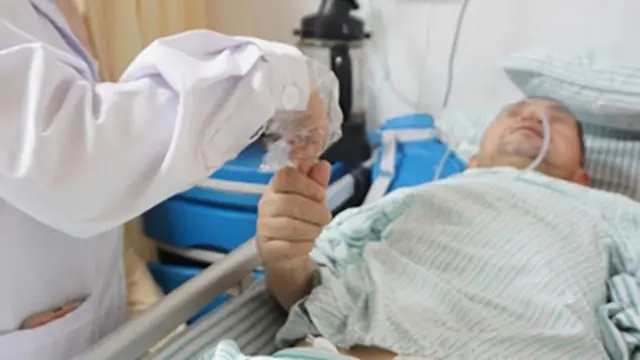
A 52-Year-Old Man Died from Diabetes: Doctor Warns – Remove These 4 Breakfast Foods from Your Table
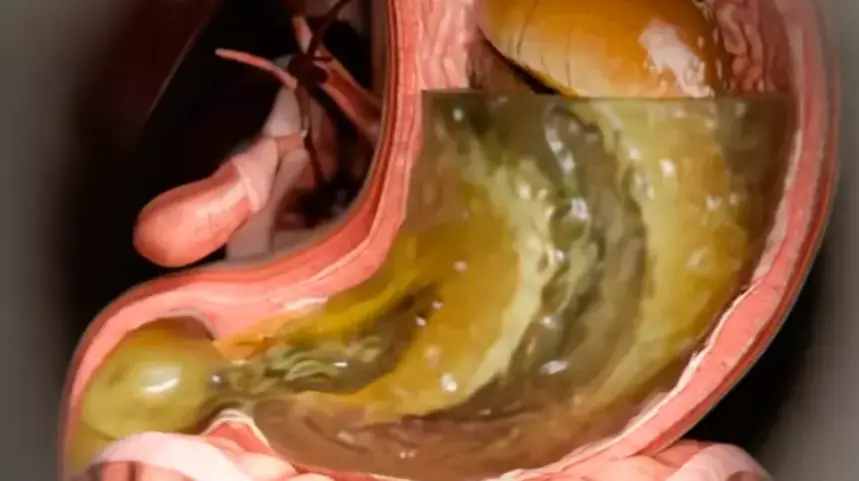
Celebrities Reveal Ozempic Side Effects as Simulations Show Its Impact on the Body
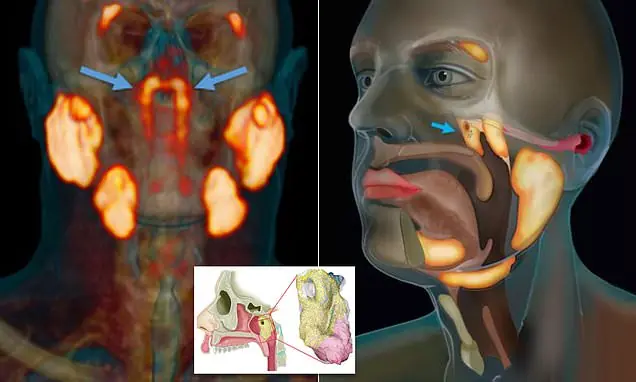
Scientists Accidentally Discover New Human Organ Hidden in the Head

Unlock the Secret Power of Guava Leaves: Transform Your Hair, Skin, and Health Naturally
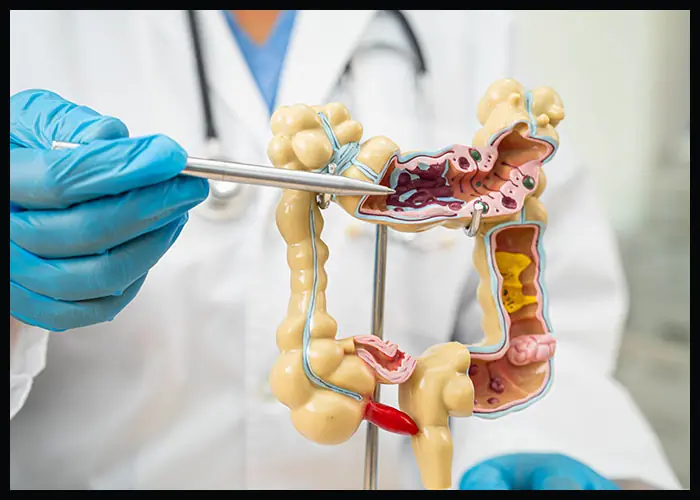
New Study Finds Anal Cancer Rates Rising, Especially Among Older Women

The Strongest Teeth Whitening Recipe at Home in 2 Minutes: Whitening Yellow Teeth from Tartar Naturally with Tomatoes and… 🍅✨
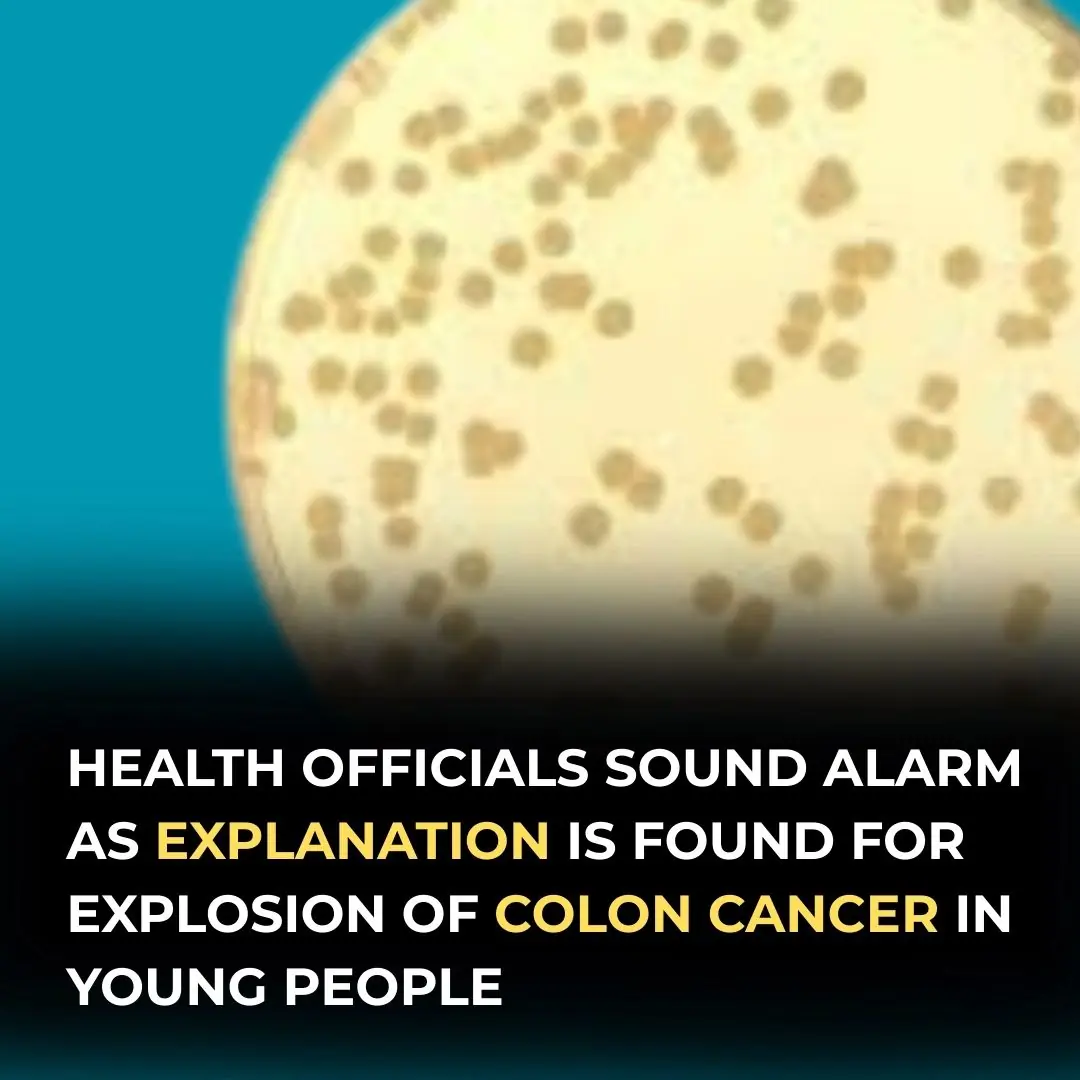
Alarming Rise In Colon Cancer Among Young People May Be Linked To Contaminated Salad, Study Finds

Alarming Health Alert: Experts Say New Virus Is Nationwide — America Must Prepare Immediately

The Miracle Remedy That Has People Abandoning Hospitals: Cures Cancer, Diabetes, High Blood Pressure, and Poor Circulation!

DIY Lemon Ginger Turmeric Power Shots: Boost Your Health Naturally
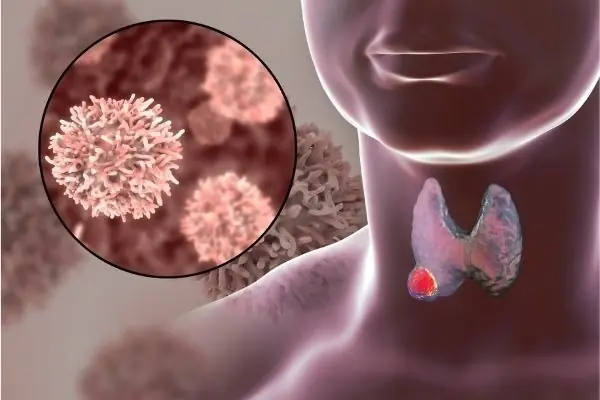
7 Early Warning Signs of Nasopharyngeal Cancer: Even One Symptom Is a Reason to See a Doctor
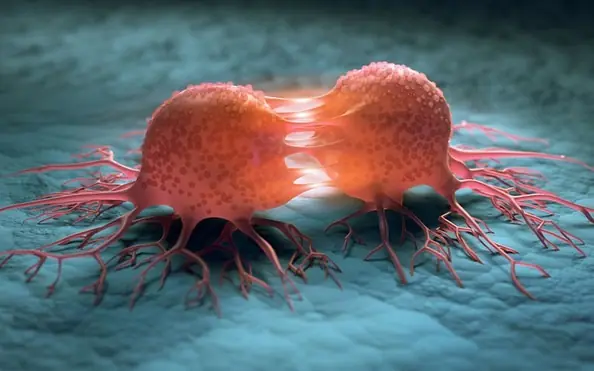
Breakthrough: Scientists Discover How to Revert Cancer Cells Back to Normal
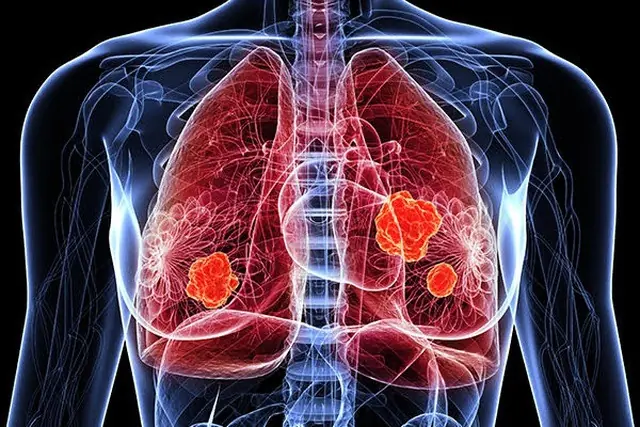
9 Early Signs of Lung Cancer You Should Not Ignore

Professors blame one childhood eating habit for surge in colon cancer among Gen Z and Millennials
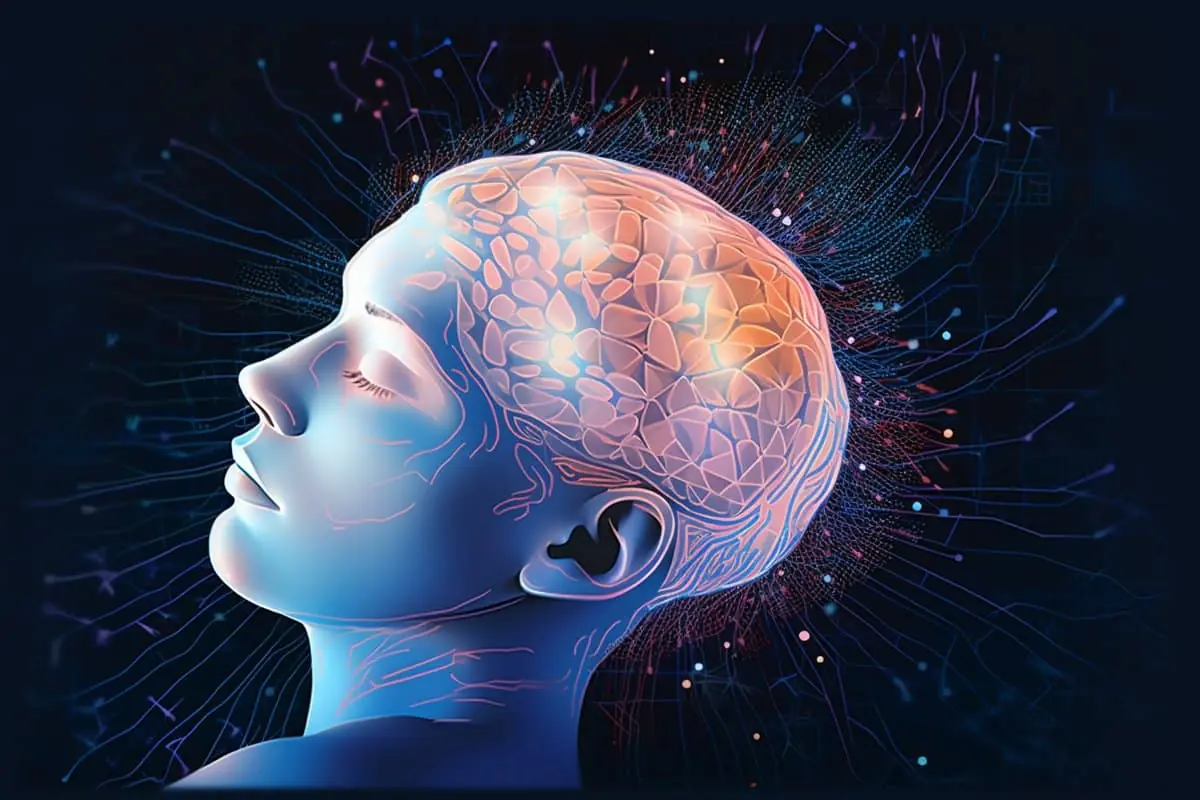
Are you sleeping on hidden toxins?
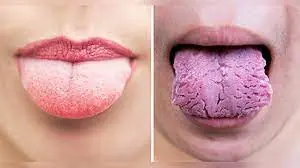
What Your Tongue Says About Your Health
News Post

Black Garlic: Health Benefits and Why You Should Add It to Your Diet

Coronation State Portraits of King Charles and Queen Camilla Spark Mixed Reactions
Two freshly unveiled portraits have reignited a centuries-old royal tradition while sparking a wave of unexpected public commentary.

'Is She Ok?': Nicole Kidman, 57, Sparks Concern After Her 2025 Met Gala Appearance - Video
The "Big Little Lies" actress is a Met Gala regular who often sparks conversation with her bold fashion or dramatic hair transformations.

My Stepmom Demanded I Feed Her & Her Kids—So I Taught Them a Lesson They Won't Forget

The world’s oldest woman, who lived to 117, ate the same meal every day throughout her life

Older Man Is Fired 2 Hours after Taking Store Job, Gets $70K for Wife’s Treatment the Next Day – Story of the Day

Gynecologist Refuses to Treat Trans Woman, Sparking Backlash Over Refused Care

My Daughter Banned Me from Her Wedding, So I Showed up with a Tape That Exposed the Truth – Story of the Day

MY WIFE LEFT ME AND OUR CHILDREN AFTER I LOST MY JOB — TWO YEARS LATER, I ACCIDENTALLY MET HER IN A CAFÉ, AND SHE WAS IN TEARS

A 4-Year-Old Girl Nearly Lost Her Life to Diabetes — Parents in Tears: “I Spoiled Her Too Much!”

Seeing her husband with another woman, Veronika did not start a scandal; instead, she decided to give her spouse a gift he would never have expected

A 52-Year-Old Man Died from Diabetes: Doctor Warns – Remove These 4 Breakfast Foods from Your Table

I was sitting at the anniversary and kept thinking one thing — it’s time to leave their son.

I Was Forced to Pay Rent to My Future MIL Just to Stay in Her House and Keep My Relationship Alive – Story of the Day

The sick son of wealthy parents married a simple girl, and she took him to the countryside. After six months, the parents barely recognized their son.

Victoria heard the shouting from her apartment while still on the staircase. It was so familiar, and she was so tired of it!

Gender Reveal Event Goes Awry as Husband Declares to Pregnant Wife He's Sterile – Story of the Day

Celebrities Reveal Ozempic Side Effects as Simulations Show Its Impact on the Body
